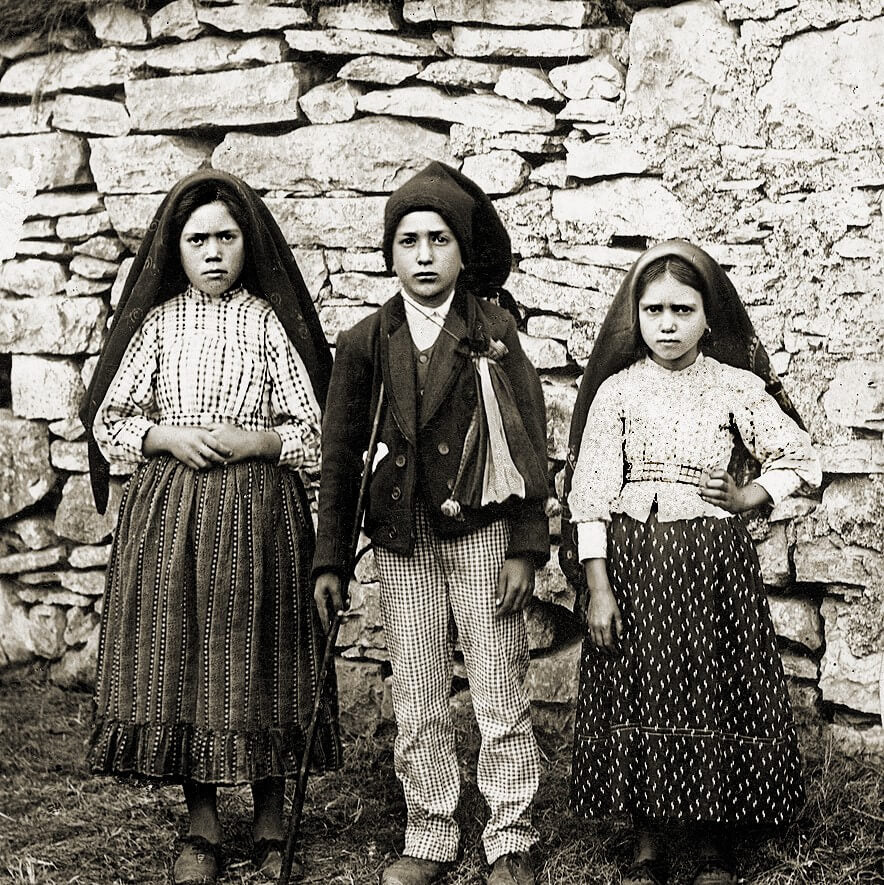Walking the long, dusty roads leading from their hometowns, the pilgrims journeyed into Jerusalem, their voices joined in an ancient psalm.
Studies suggest that these Israelite pilgrims were singing the “Gradual Psalms,” a series of psalms that include Psalm 119 through Psalm 133. As they walked into Jerusalem, the Jewish people would sing these psalms as a way to express their desire to ascend up towards the Temple, which was considered to be an access point to heaven.
Some scholars say that the Gradual Psalms correspond to the fifteen steps that the priests would ascend to the entryway of the Temple. Thus, the priests would physically ascend into the Temple as their voices were raised in an ascent of praise, lifting their prayers toward heaven.
As Catholics, the Gradual Psalms have played an important role in our own prayer—they are said as part of the Divine Office (or Liturgy of the Hours), in various ways depending on the edition of the Office and the period in history. Many pray them too outside of the Office as a personal devotion.

Monks praying the Liturgy of the Hours.
May the Gradual Psalms continue to remind us that we are pilgrim people whose lives are a continuous journey towards our inheritance in heaven.
The Psalms, given to us by God Himself, are divine sources of prayer and praise to Him. From anger to joy, anticipation to celebration, the Psalms continue to guide us through our daily emotions, giving us words when we have none. In his book Wisdom of the Psalms, renowned author Peter Kreeft guides us through personal reflections on the inexhaustible beauty of the Psalms. Get your copy today at The Catholic Company!

























